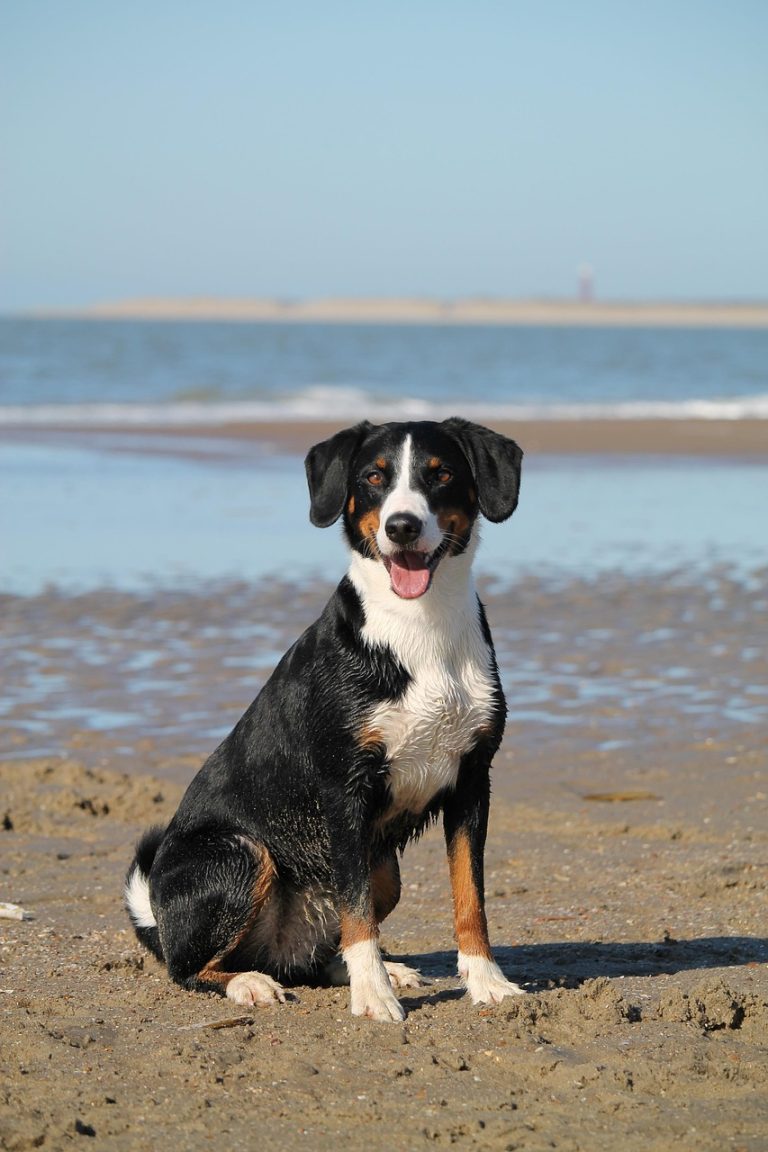
Leptospirosis at the Beaches
Protecting Your Pup: Leptospirosis at the Beaches!
Living at the Beach, our dogs are more than pets—they’re family. With our sunny skies and abundant water activities, it’s a paradise for outdoor adventures with our furry friends. However, this environment also poses risks, one of which is leptospirosis, a serious bacterial disease that can affect both dogs and humans.
What is Leptospirosis?
Leptospirosis is caused by bacteria from the genus Leptospira. These bacteria thrive in warm, moist environments and are commonly found in stagnant water, such as puddles, ponds, and slow-moving streams. Dogs can become infected through contact with contaminated water, soil, or the urine of infected animals. The bacteria enter the body through mucous membranes or broken skin.
Symptoms in Dogs
Infected dogs may exhibit a range of symptoms, including:
Fever
Vomiting
Diarrhea
Muscle tenderness
Lethargy
Jaundice (yellowing of the skin and eyes)
Increased thirst and urination
If left untreated, leptospirosis can lead to kidney or liver failure and can be fatal.
Zoonotic Risk: Protecting Your Family
Leptospirosis is a zoonotic disease, meaning it can be transmitted from animals to humans. Humans can contract the disease through direct contact with the urine of infected animals or through contaminated water and soil. In humans, symptoms range from mild flu-like signs, Urinary tract infection signs, to severe illness, including liver or kidney damage.
Prevalence and Risk Factors
While exact statistics vary, studies have shown that leptospirosis is a re-emerging disease in many parts of the United States, particularly in areas with warm climates and frequent rainfall. The Beach environment—characterized by its warm temperatures and proximity to water bodies—creates ideal conditions for the bacteria to thrive.
Vaccination: A Crucial Preventive Measure
Vaccination is the most effective way to protect your dog against leptospirosis. The vaccine is typically administered annually and protects against the most common serovars of Leptospira. If a dog has not yet received a Leptospirosis vaccine a booster 2-3 weeks after the initial vaccine is required for optimal effectiveness of the vaccination.
It’s especially recommended for dogs that:
Spend time outdoors
Frequent dog parks or beaches
Live near bodies of water
Are exposed to wildlife or rodents
However, recent reports show that even dogs who spend almost all their time indoors are at risk of getting Leptospirosis. Therefore it is recommended that the Leptospirosis vaccine be a Core annual vaccine for all dogs.
Owner Responsibilities
As pet owners, it’s our duty to safeguard our pets and families:
Vaccinate: Ensure your dog is up-to-date on their leptospirosis vaccine.
Avoid Stagnant Water: Prevent your dog from drinking or swimming in stagnant water sources.
Control Rodents and other Wildlife: Maintain a clean environment to deter rodents and wildlife, which can carry the bacteria.
Practice Good Hygiene: Wash hands after handling pets, especially if they’ve been outdoors.
Regular Vet Check-ups: Schedule routine veterinary visits to monitor your dog’s health.
Conclusion
Leptospirosis poses a real threat to our canine companions and ourselves. By staying informed and proactive, we can enjoy all that the Beaches have to offer while keeping our families safe. Consult your veterinarian about the leptospirosis vaccine and take the necessary precautions to protect your beloved pet. You can call Coral Reef Animal Hospital today to schedule your Leptospirosis vaccine.
